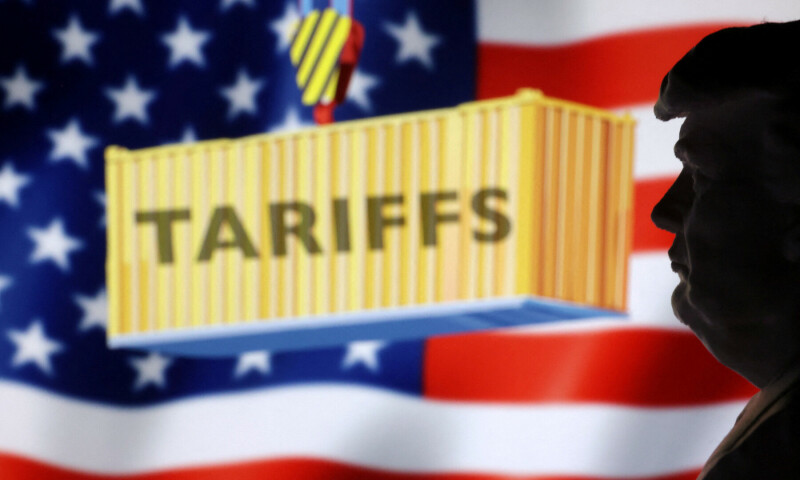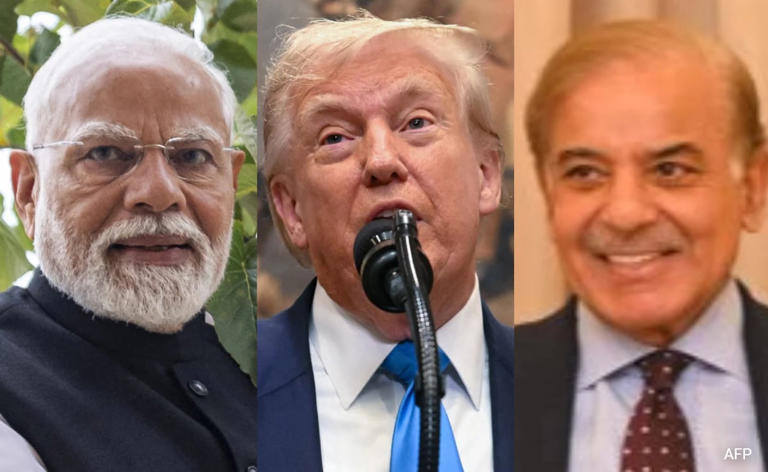Washington, however, views these moves
with unease. Its approach toward
Pakistan rely on persuasion than punishment
Web Desk

The United States’ decision to impose an additional 25% tariff on Indian exports, raising the total to 50% by the end of August, is more than an economic measure — it’s a calculated geopolitical move that carries consequences far beyond trade.
While Washington officially cites unfair trade practices and India’s discounted oil imports from Russia in violation of Western sanctions, analysts say the real message is political: the age of strategic ambiguity is over. The U.S. is demanding clear alignment from its partners — and even India, once seen as the cornerstone of its Indo-Pacific strategy, is not exempt from reprimand.
India’s Moscow Tilt and BRICS Role Raise US Concerns
New Delhi’s deepening energy ties with Moscow and its prominent role in BRICS have tested Washington’s patience. The tariff decision signals that commitment will be rewarded, but deviation will have consequences — a warning that other regional players, including Pakistan, cannot ignore.
Pakistan’s Diplomatic Crossroads
For Pakistan, this development comes at a time of foreign policy recalibration. Islamabad’s strategic partnership with China has strengthened through CPEC, while cautious steps toward Russia — via energy deals, defense talks, and gas pipeline projects — reflect a multi-vector diplomacy aimed at balance rather than bloc alignment.
Washington, however, views these moves with unease. Its approach toward Pakistan may rely more on persuasion than punishment — using levers like the IMF, FATF, and trade incentives to influence decision-making.

The Leverage Equation
Despite China being Pakistan’s top import partner, Islamabad’s export markets remain heavily dependent on the US and EU. This economic reality gives Washington subtle but significant leverage, shaping the contours of negotiations and aid commitments.
Strategic Autonomy vs. Dependency
Pakistan faces a familiar dilemma: Should it compromise strategic autonomy to secure Western goodwill, or maintain a balanced foreign policy rooted in national interest? History offers cautionary lessons — past US–Pakistan ties have often been transactional, producing short-term gains but long-term costs.
Analysts argue that Pakistan’s best course is strategic balance:
- Maintain strong ties with China for economic growth.
- Expand cooperation with Russia, Iran, Turkey, and Central Asian states for energy and regional stability.
- Preserve constructive but self-respecting relations with the US and Europe.
A Moment to Reposition
India’s tariff shock underscores that global powers act on interests, not friendships. For Pakistan, the opportunity lies in engagement without dependence and openness without submission. In an era of economic coercion and shifting alliances, true strength lies not in picking sides — but in picking strategies wisely.























